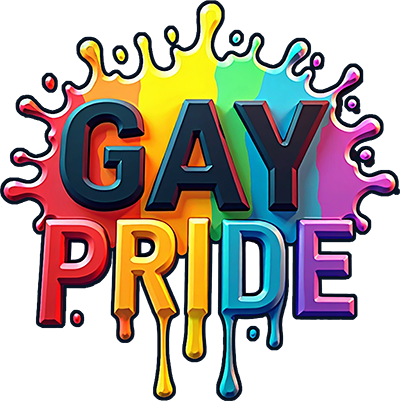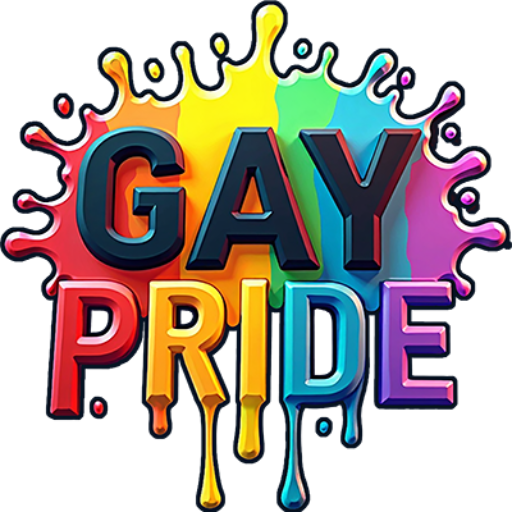Challenging Misinformation: LGBTQ Facts and Myths
Welcome to our comprehensive guide on challenging misinformation about the LGBTQ community. This post aims to debunk common myths, provide factual insights, and promote a better understanding of LGBTQ issues. Let’s dive in! 🌈
Table of Contents
1. Introduction
2. Understanding the LGBTQ Acronym
3. Myth 1: LGBTQ People Choose Their Sexual Orientation
4. Myth 2: LGBTQ Rights Are Special Rights
5. Myth 3: Being LGBTQ is a Mental Disorder
6. Myth 4: LGBTQ Parenting Harms Children
7. Conclusion
8. FAQ
Introduction
In today’s information-heavy world, distinguishing between fact and fiction can be challenging. The LGBTQ community is often subject to misconceptions that can perpetuate stigma and discrimination. It is crucial to address these myths with facts to foster inclusivity and understanding. Whether you identify as LGBTQ or are an ally, staying informed is a powerful tool for change. Let’s explore some common myths and the truths that dispel them.
Understanding the LGBTQ Acronym
The term LGBTQ is an umbrella acronym that stands for Lesbian, Gay, Bisexual, Transgender, and Queer or Questioning. 🌈 These identities represent a spectrum of sexual orientations and gender identities. Here’s a brief breakdown:
Lesbian: Women attracted to other women.
Gay: People attracted to those of the same gender, often used to describe men.
Bisexual: Individuals attracted to more than one gender.
Transgender: People whose gender identity differs from the one assigned at birth.
Queer/Questioning: A term for non-normative identities or those exploring their sexual orientation or gender identity.
Myth 1: LGBTQ People Choose Their Sexual Orientation
One of the most pervasive myths is that individuals choose to be LGBTQ. This notion is not only false but also harmful. Scientific research supports that sexual orientation is not a choice but a complex interplay of genetic, hormonal, and environmental factors. 🧬
Understanding that sexual orientation is innate helps to promote acceptance and reduce discrimination. Just as we don’t choose our eye color, LGBTQ individuals do not choose whom they are attracted to. Embracing this fact can lead to more supportive communities.
Myth 2: LGBTQ Rights Are Special Rights
Another common misconception is that LGBTQ rights are special rights. In reality, they are human rights. 🌍 Ensuring that LGBTQ individuals enjoy the same legal protections as everyone else is about achieving equality, not privilege.
From marriage equality to anti-discrimination laws, LGBTQ rights aim to provide equal opportunities and protections. These rights are essential for fostering a just and fair society where everyone can thrive without fear of prejudice.
Myth 3: Being LGBTQ is a Mental Disorder
The outdated belief that being LGBTQ is a mental disorder has been debunked by leading medical organizations worldwide, including the American Psychiatric Association and the World Health Organization. 🩺
In 1973, homosexuality was removed from the DSM (Diagnostic and Statistical Manual of Mental Disorders), recognizing that sexual orientation is not a mental illness. This shift emphasizes the importance of respect and acceptance for all individuals, regardless of their sexual orientation.
Myth 4: LGBTQ Parenting Harms Children
Some people believe that children raised by LGBTQ parents are at a disadvantage. Numerous studies have shown that children of LGBTQ parents fare just as well as those raised by heterosexual parents in terms of psychological adjustment, academic performance, and social functioning. 🧒
The key to a child’s well-being is a loving and supportive environment, not the sexual orientation or gender identity of their parents. It’s essential to challenge these stereotypes to ensure all families receive the respect and recognition they deserve.
Conclusion
Challenging misinformation about the LGBTQ community is vital for promoting a more inclusive and understanding society. By dispelling myths with facts, we can work towards a world where everyone is accepted and celebrated for who they are. 🌟
Whether you’re part of the LGBTQ community or an ally, your role in spreading accurate information and fostering empathy is invaluable. Together, we can create a more supportive and informed world for all.
FAQ
Q1: Are LGBTQ individuals at greater risk for mental health issues?
A1: LGBTQ individuals may face greater mental health challenges, often due to societal stigma and discrimination. Supportive environments can significantly improve their well-being.
Q2: Can LGBTQ people change their sexual orientation if they want to?
A2: Sexual orientation is not a choice, and attempts to change it, such as conversion therapy, are harmful and ineffective. Acceptance of one’s identity is crucial.
Q3: How can I be a better ally to the LGBTQ community?
A3: Educate yourself on LGBTQ issues, challenge prejudices, support LGBTQ rights, and listen to the experiences of LGBTQ individuals to be a more effective ally.

